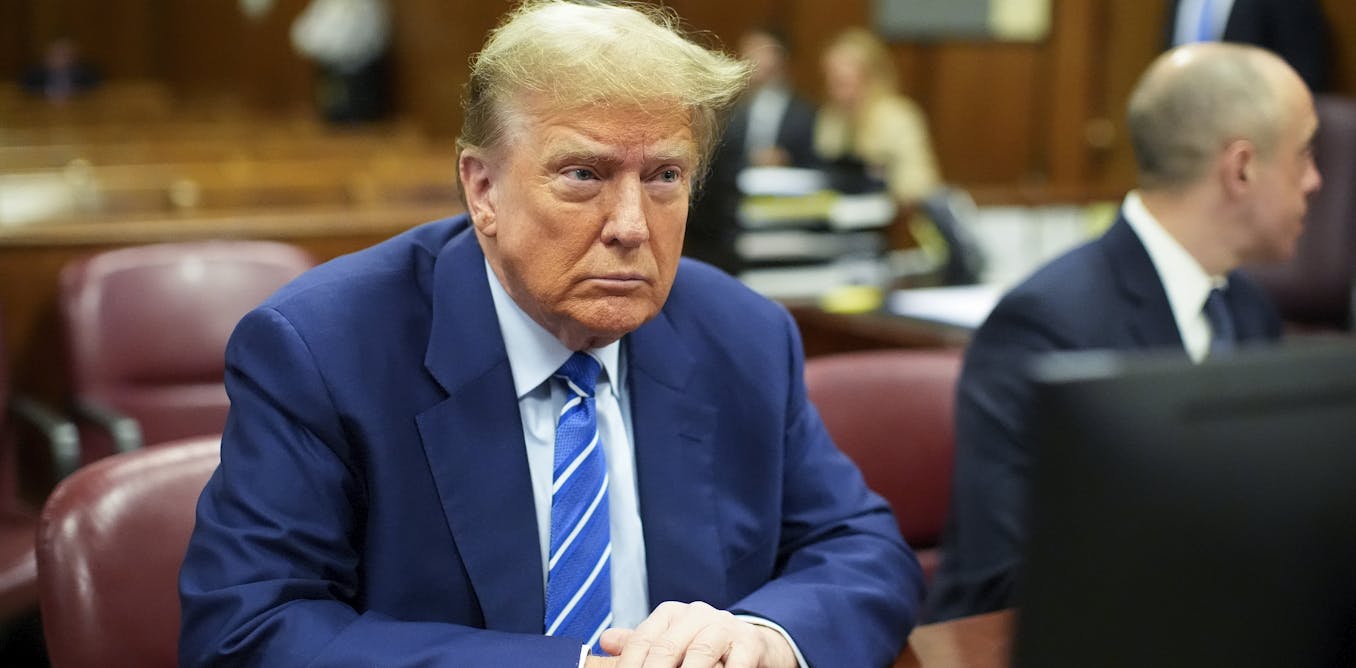
Washington: In a move that underscores its hardline stance on immigration, the Trump administration has directed the U.S. embassy in Canberra to collect data on crimes and human rights abuses committed by migrants in Australia. This initiative is part of a broader global effort by the administration to address what it terms an “existential threat to Western civilization” posed by mass migration.
The directive, which extends beyond illegal immigration, aims to caution the Australian government about the potential political and economic instability that could arise from a significant intake of migrants, particularly those from cultures markedly different from Australia’s. According to a senior State Department official, diplomats have been instructed to “begin collecting data and reporting on migrant-related crimes and human rights abuses facilitated by people of a migration background.”
Global Implications and Diplomatic Reactions
This development follows similar instructions sent to U.S. embassies in Europe, Canada, and New Zealand. Notably, the governments of these nations were not consulted prior to the issuance of these directives, although U.S. embassies have been advised to reach out and offer assistance. The senior State Department official, who requested anonymity, expressed concerns about the potential strain on markets, citing Australia’s housing crisis as an example.
“We love the Australian people,” the official stated. “We just want to warn our friends that importing a rapid number of individuals of any background, particularly from a culture radically different from Australia’s, without mechanisms for diffusing the impact, can lead to political unrest and economic instability.”
Australia’s Immigration Landscape
Australia, a nation known for its multiculturalism, admits 185,000 permanent migrants annually, primarily skilled workers. However, net overseas migration, which includes temporary workers, international students, and visitors, has seen a significant decline from a post-COVID high of 538,000 in 2022-23 to approximately 316,000, a figure lower than anticipated. Despite this, the issue of immigration remains a contentious topic, with Opposition Leader Sussan Ley promising to propose policies aimed at further reducing the intake.
A spokesperson for the Australian government responded to the U.S. initiative, stating, “Australia is a pluralist nation, welcoming different races, religions, and views, united by respect for each other’s humanity and the right to live in peace.”
Shifting Focus in Human Rights Reporting
Meanwhile, the State Department has also instructed embassies to begin compiling data for its next annual human rights report. The Trump administration plans to shift the report’s focus to scrutinize countries’ enforcement of diversity, equity, and inclusion (DEI) policies, as well as government funding for abortion services and gender transition surgery for children.
During a media briefing, the senior State Department official emphasized the administration’s willingness to critique allies as well as adversaries, addressing human rights concerns that have been overlooked due to political correctness or narrative convenience. “This is a real problem,” the official stated. “There are security, cultural, and economic implications to this. It’s about time someone said something for the sake of our allies and their citizens.”
Historical Context and Future Implications
The announcement comes as part of a global project articulated by Vice President JD Vance at the Munich Security Conference, where he cautioned European leaders about voter backlash against “out-of-control migration.” President Donald Trump further amplified this message at the United Nations, criticizing the “globalist migration agenda” and its impact on Western societies.
As the U.S. continues to navigate its foreign policy under the Trump administration, the implications of these directives on international relations and domestic policies in affected countries remain to be seen. The administration’s approach highlights ongoing tensions between national sovereignty and global migration trends, setting the stage for potential diplomatic challenges ahead.







